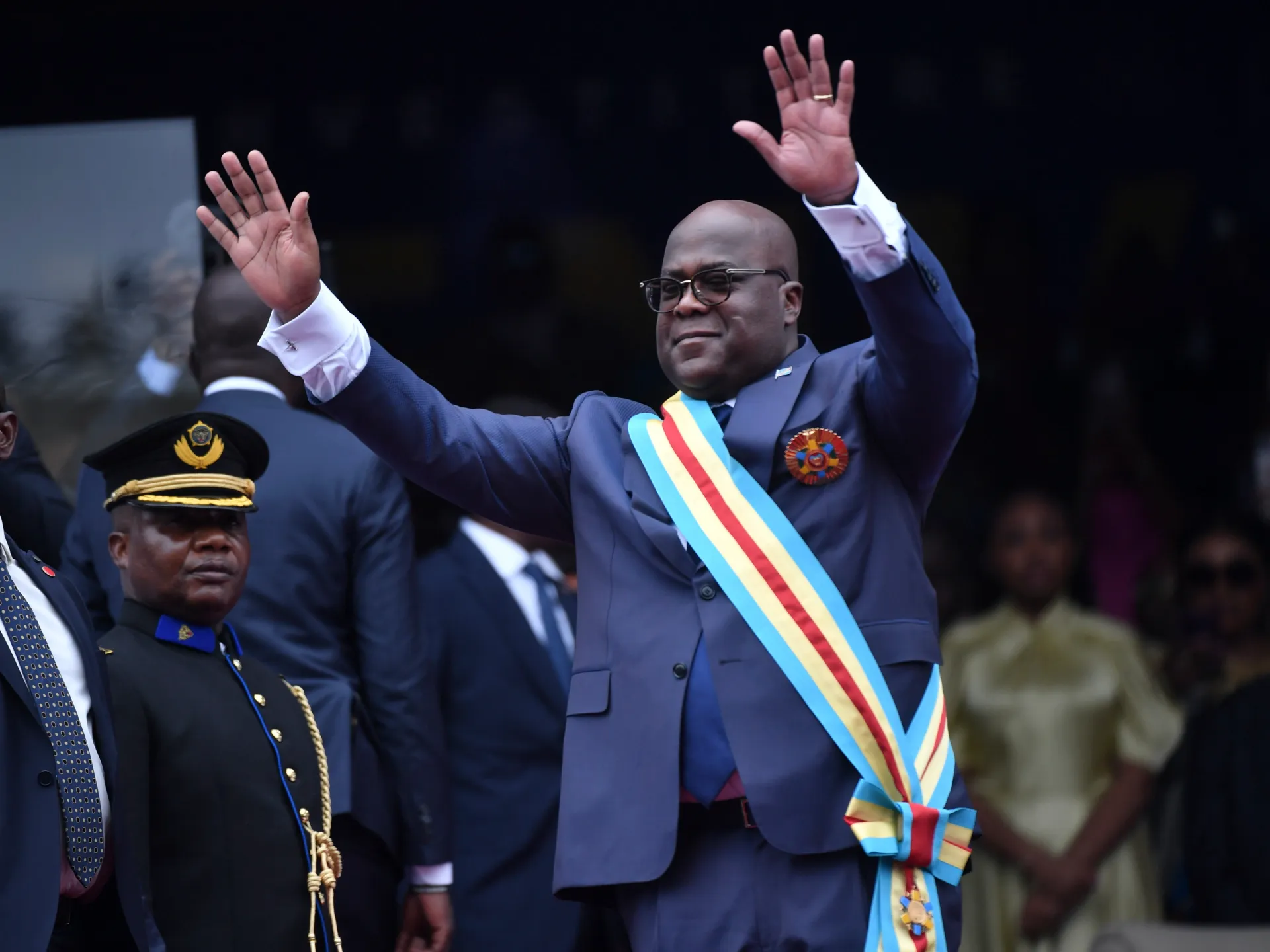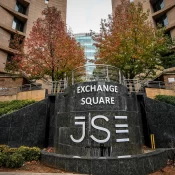
The conflict in the Democratic Republic of the Congo is the responsibility of President Felix Tshisekedi’s party
President Félix Tshisekedi’s party, the Union for Democracy and Social Progress (UDPS), has been in power in the Democratic Republic of Congo (DRC). However, it is currently experiencing internal turmoil.
The President’s efforts to stabilize the ship are jeopardized by the bone of contention that threatens to divert him: secretary-general Augustin Kabuya. Certain cadres and activists are advocating for his resignation in order to facilitate the “reorganization” of the party by others.
A political crisis has been in the making for several months and has recently been exposed.
It commenced in January 2019, when Tshisekedi, the party’s chairman at the time, was obligated to relinquish control upon his election as President of the nation. Jean-Marc Kabund and Kabuya were appointed to serve as interim chairman and secretary-general, respectively.
Kabuya remained on board, with deference only to the President, who can no longer make official decisions of the party, while Kabund became an opponent of the Tshisekedi region and was imprisoned over time.
However, Kabuya, the de facto leader, is frequently thwarting the attacks of some of his colleagues, who have selected Deogratias Bizibu to succeed him.
Nepotism and mismanagement are the accusations leveled against him by the party’s “rebels,” and the two factions are currently engaged in a struggle for party control.
Eteni Longondo, a party executive and member of parliament, was the first to advocate for a congress to reorganize the party.
The party’s internal conflicts are so vicious that President Tshisekedi is experiencing difficulty in restoring order. In public, the chief of state celebrates the “democratic vitality of the party,” but in private, he has attempted to appease the opposing factions to no avail.
However, he has committed to maintaining Kabuya, the individual in whose favor he has placed his faith. According to observers, Kabuya’s continued tenure in office is entirely contingent upon the President’s endorsement.
Marthe Kasalu, the mother of the President, has been compelled to intervene in order to advocate for a truce, as Bizibu’s supporters intended to occupy the party headquarters by force.
The matriarch has emerged as the most esteemed figure in the party since the passing of the President’s father, Etienne Tshisekedi, on February 1, 2017. The party has been temporarily prevented from imploding by the President and the highly influential “Maman Marthe.”
UDPS was established in 1982 and is a symbol of the struggle against the dreaded former president Mobutu Sese Seko and the Kabilas, Laurent-Désiré and Joseph..
Elections in 2028
Maman Marthe has successfully convinced the leaders of the two factions to negotiate a peace agreement, with the shared goal of maintaining control.
Additionally, Mr. Kabuya has addressed his adversaries as “my brothers.”
Mr. Kabuya stated, “Let us prioritize power.”
The heirs of Etienne, a former opposition chief, are apprehensive about the possibility of losing power in 2028, when the next general election is anticipated.
The electoral contest that will take place in four years will be a significant concern. Preparations for the 2028 elections are currently in progress behind the scenes.
According to the constitution, President Tshisekedi is prohibited from running for reelection. He is currently serving his final and second term. However, the UDPS is determined to preserve its position of authority.
“I desire for the party to function as intended in order to elect over 300 MPs in 2028, which would constitute a comfortable parliamentary majority.” Eteni Longondo, a former Health Minister, stated, “I urge all fighters (UDPS members) to implement reforms; otherwise, we will be weeping in 2028 if this continues.”
Although no one in the UDPS is willing to discuss the presidential election and Tshisekedi’s succession, it is a topic that is on everyone’s mind.
President Tshisekedi has made statements that suggest a potential constitutional review. The public inquired about the subject while the chief of state was in Paris in May of this year.
“Do not portray me as a dictator,” he replied. “This is not solely my responsibility; rather, it is the responsibility of the people through their representatives in the National Assembly.”
At a meeting with the Congolese diaspora in Brussels two days later, the President addressed the matter and announced that he would initiate a legal review.
“I will establish a commission to deliberate in a rational manner on the development of a constitution that is commensurate with the values of our nation,” he declared.
All Categories
Recent Posts
Tags
+13162306000
zoneyetu@yahoo.com


